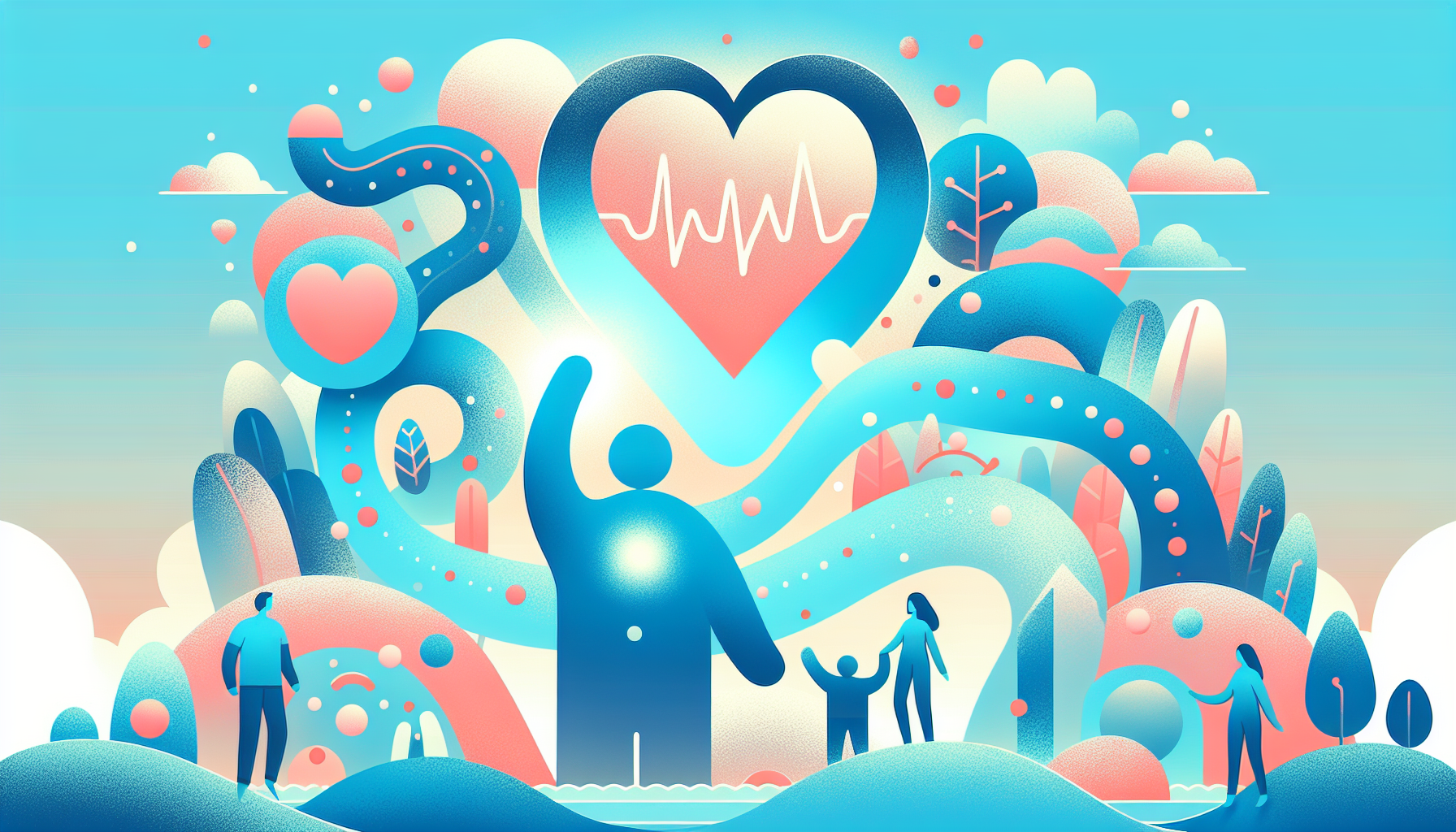If you have high cholesterol, you may be at a higher risk for various health problems, including heart disease, stroke, diabetes, high blood pressure, and erectile dysfunction. By understanding how cholesterol works in your body and taking simple steps to manage it, you can reduce your risk of these serious conditions.
What is Cholesterol?
Cholesterol is a waxy substance found in your blood. There are two main types of cholesterol:
Low-density lipoprotein (LDL) cholesterol, also known as "bad" cholesterol, can build up in your arteries and increase your risk of heart disease and stroke.
High-density lipoprotein (HDL) cholesterol, or "good" cholesterol, helps remove LDL cholesterol from your arteries and protects against heart disease.
In addition to LDL and HDL cholesterol, your body also contains triglycerides, which are fats from the food you eat. High levels of triglycerides, along with high LDL and low HDL cholesterol, can contribute to the buildup of fatty deposits in your arteries (atherosclerosis).
High Cholesterol and Related Health Risks
1. Coronary Heart Disease
High cholesterol is a major risk factor for coronary heart disease, which can lead to a heart attack. When cholesterol builds up in your arteries, it forms plaque that narrows and hardens the arteries, reducing blood flow to your heart.
2. Stroke
Just as cholesterol can narrow the arteries that supply blood to your heart, it can also affect the arteries that deliver blood to your brain. If a blood vessel becomes blocked, you may suffer a stroke.
3. Peripheral Vascular Disease
High cholesterol can cause symptoms in areas outside your heart and brain, most commonly in your legs and feet. You may experience cramps in your calves when walking, which improve with rest.
4. Diabetes
People with diabetes, especially type 2 diabetes, often have an imbalance in their cholesterol levels. They may have low HDL cholesterol, high LDL cholesterol, and high triglycerides, a condition known as diabetic dyslipidemia.
5. High Blood Pressure
High cholesterol can trigger inflammation and the release of hormones that cause your blood vessels to tighten, leading to high blood pressure. When your heart has to work harder to pump blood through narrowed arteries, your blood pressure rises.
6. Erectile Dysfunction
Over time, high cholesterol can cause the blood vessels in the penis to narrow, reducing blood flow and leading to erectile dysfunction.
7. Dementia
High cholesterol levels are associated with greater risk of Alzheimer's Disease, vascular dementia, and other types of dementias.
6 Steps to Lower Cholesterol and Reduce Your Risk
Seek expert advice: Work with your doctor to create a plan for healthy eating and exercise.
Improve your diet: Choose foods like oatmeal, walnuts, tuna, salmon, sardines, and tofu. Avoid trans fats, saturated fats, and simple sugars.
Quit smoking: Smoking lowers your HDL cholesterol. Quitting can help raise your HDL levels and provide numerous other health benefits.
Exercise regularly: Even modest amounts of exercise, like 30 minutes of brisk walking per day, can help control weight, lower triglycerides, and raise HDL cholesterol.
Take prescribed medications: If your doctor prescribes cholesterol-lowering medications, take them as directed and ask your doctor or pharmacist if you have any questions.
Treat Associated Conditions: Treating high cholesterol combined with optimizing blood pressures, sugar levels, and healthy lifestyle choices gives best results.
Additional Resources
For more information about treating and preventing cardiovascular disease and other conditions linked to high cholesterol, visit:
By understanding the connection between high cholesterol and related health risks, and taking proactive steps to manage your cholesterol levels, you can significantly reduce your risk of developing serious conditions like heart disease, stroke, and diabetes.



